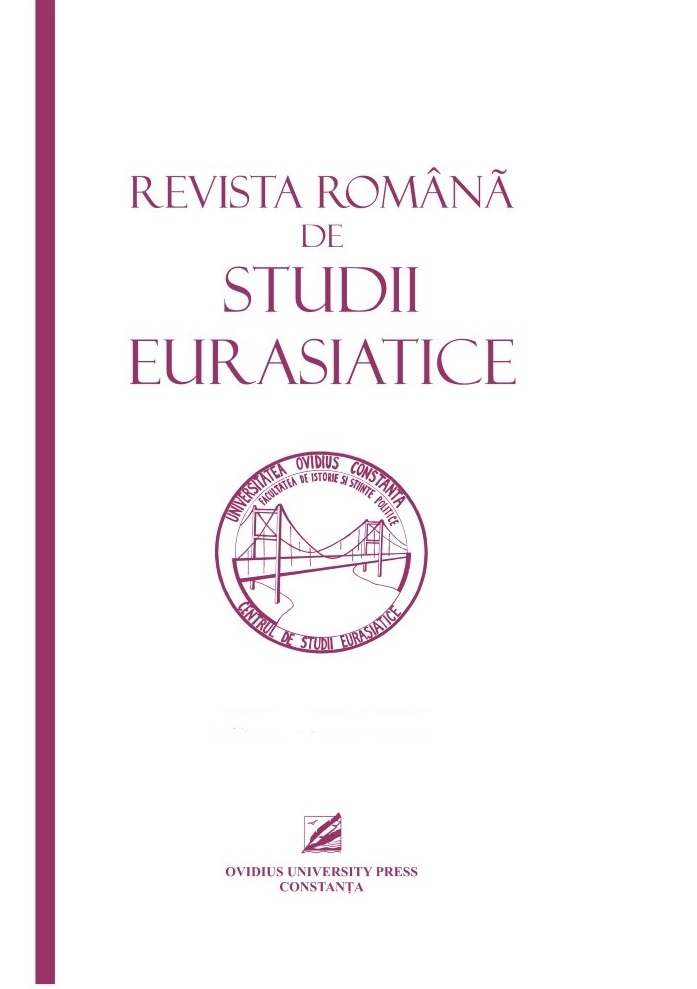DIRECT DEMOCRACY IN THE EUROPEAN UNION: ADVANTAGES, LIMITS AND OPPORTUNITIES IN A DIVIDED SOCIETY
DIRECT DEMOCRACY IN THE EUROPEAN UNION: ADVANTAGES, LIMITS AND OPPORTUNITIES IN A DIVIDED SOCIETY
Author(s): Alexandru Ionuţ DrăgulinSubject(s): Civil Society, Government/Political systems
Published by: Ovidius University Press
Keywords: political participation; social cleavages; European democracy; institutional approach; framework;
Summary/Abstract: One of the most important research directions on the European Union is the direct democracy as a qualitative standard of the political regime. The involvement, in various forms, of citizens in the decision-making process at the European level is a subject that can be analysed from multiple perspectives. With the introduction of the European Citizens' Initiative in the Lisbon Treaty, the Union has had its first form of direct democracy. The most important principle of a participatory democracy is bringing more possibilities to participation and expand the forms in which citizens can express their political opinions. This article critically examines the procedure of the European Citizens' Initiative, based on two concepts intensively used in the studies related to this field: institutional accountability and checks-and-balances. The proposed hypothesis is that the success of the respective mechanism of including citizens in the adoption of public decisions, is conditioned by the compliance - by the central structures of the Union - of the two conditions listed above. On the other hand, the efficiency of citizen’s involvement depends on their social cohesion and on the identification of the common factors that can bring different communities together.
Journal: Revista Română de Studii Eurasiatice
- Issue Year: 15/2019
- Issue No: 1-2
- Page Range: 233-252
- Page Count: 20
- Language: English

